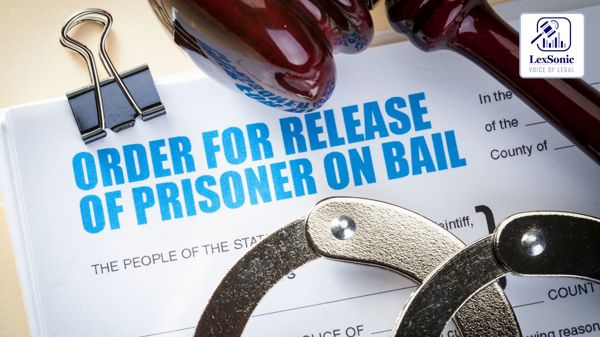Bombay High Court Grants Bail in NDPS Case, Citing Inadmissible Evidence and Lack of Conscious.
11 February 2025
Bail and Antcipatory Bail >> Criminal Law
The Bombay High Court recently granted bail to two individuals accused under the Narcotic Drugs and Psychotropic Substances (NDPS) Act, 1985, citing the inadmissibility of co-accused statements and a lack of evidence demonstrating conscious possession of the alleged contraband. The Court's decision highlights the importance of admissible evidence and the stringent requirements for bail under the NDPS Act, particularly Section 37.
The case involved the interception of a parcel from the Netherlands containing MDMA and cocaine. The parcel was addressed to one individual (accused No. 1), who was apprehended while attempting to collect it. Accused No. 2 and Accused No. 4 were subsequently implicated in the crime. The prosecution's case rested heavily on statements made by co-accused individuals, the statement of an independent witness, and Call Detail Records (CDR).

The High Court, however, found several critical flaws in the prosecution's case. Firstly, it emphasized the inadmissibility of statements made by co-accused individuals under Section 67 of the NDPS Act, citing the Supreme Court's ruling in Toofan Singh Vs. State of Tamil Nadu. The Court reiterated that such statements are considered equivalent to statements made to police officers and are thus inadmissible under Section 25 of the Indian Evidence Act, 1872.
Secondly, the High Court noted the absence of any material to suggest that either of the applicants (accused Nos. 2 and 4) had knowledge of the parcel's contents or were in conscious possession of the contraband. The Court pointed out the lack of a money trail connecting the applicants to the individual who booked the parcel (accused No. 3). It stressed that merely alleging that accused No. 4 was the "mastermind" is insufficient without supporting evidence.
Thirdly, the Court addressed the issue of CDR records. While acknowledging their existence, the Court emphasized that mere CDRs, without incriminating transcripts of the conversations, are insufficient at the bail stage to establish complicity, especially considering the accused persons were childhood friends.
The High Court also discussed the limitations imposed by Section 37 of the NDPS Act, which requires the Court to be satisfied that there are reasonable grounds for believing that the accused is not guilty and is not likely to commit any offense while on bail. However, it also acknowledged the practical challenges posed by lengthy trials and overcrowded prisons, which necessitate a balanced approach.
Referring to several precedents, including Rajkumar Hariram Gameti v. State of Gujrat, Ram Karan v. Union Of India, Firdoskhan v. Khurshidkhan v. The State OF Gujrat, Abdul Rashid v. State of Bihar, Narcotics Control Bureau, Jodhpur v. Murlidhar, Sajidhusen Anwarhusen Malek v. State of Gujrat, Vikramjit Singh Vs. Narcotics Control Bureau, Phundreimayum Yas Khan Vs. State (NCT of Delhi), Jasbir Singh Vs. Narcotics Control Bureau, State Vs. Pallulabid Ahmad Arimutta, Bharat Chaudhary Vs. Union of India, and Mohd. Hussain Ahmed Shaikh Babool Bhai Vs. State of Maharashtra, the High Court highlighted the consistent view that uncorroborated co-accused statements, mere CDRs, and WhatsApp messages are insufficient grounds for denying bail, especially when there is no recovery of contraband or proof of conscious possession.
In light of these considerations, the High Court granted bail to both applicants, subject to certain conditions, including a personal bond, regular reporting to the investigating officer, cooperation with the trial, restrictions on leaving the state, and prohibitions on influencing witnesses or tampering with evidence. The Court clarified that its observations were limited to the bail application and should not be construed as an opinion on the merits of the case, which would be adjudicated based on its own merits in accordance with the law.
Section 37, Narcotic Drugs and Psychotropic Substances Act - 1985
Narcotic Drugs and Psychotropic Substances Act, 1985
